KJones - As far as cadences are concerned, you have 4 standard options-
V to I is called "Authentic"
IV to I is called "Plagal"
Anything ending on a V is called "Half"
And then the Deceptive is V (usually anyway) to a vi chord. The V-vi, when done is a major key is awesome, because it gives you the anticipation for the traditional V - I, but then instead of going to the nice Tonic, it throws you into the relative minor. I tell my students it's like your mom saying "ooo we're going to Disney Land (I) with all this anticipation building up (V) with your mickey mouse ears on, your autograph book in hand, your whole day planned out as far as what you're going to go on, see, do, etc. And then where does she take you? THE FREAKING DENTIST! (vi)"
It sounds really cool though when you think the piece is just going to finish up and gets into some authentic cadences V I V I V I V I Etc and then all of a sudden a V vi and the piece really opens up into a roller coaster of a ride through minor. It's pretty impressive when executed correctly.
If you want something original, just end your phrase on something else. Maybe ii to iii. You can call this the KJones Cadence. Just make up your own, really. If you make up your own system of rules, you'll have a quick pallet from which to pull a lot of material that'll all sound unique as your own sound.
------
Salami - Thanks for the comment. Very nice to read that!

------
Burning Down - I'm very lazy when it comes to analyzing music. N6 is only like..3 pen strokes. bII6 is more to write for me (like 6 whole strokes!) and so... I don't use it. :P








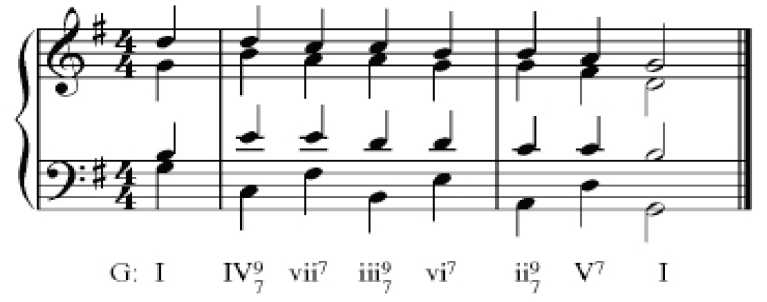
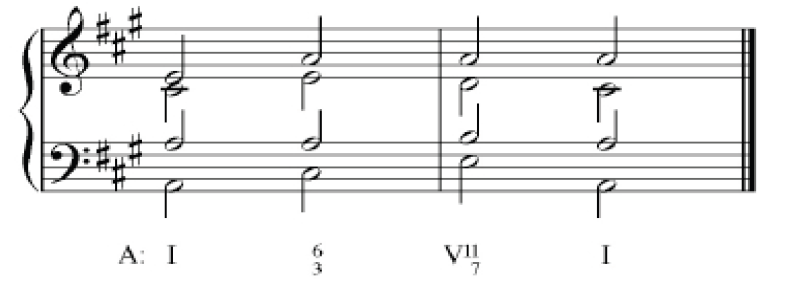
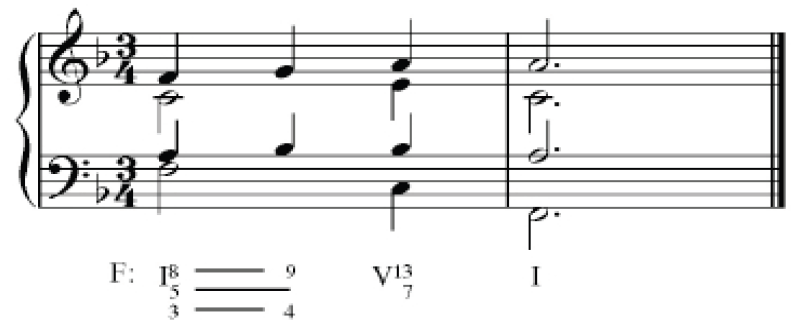
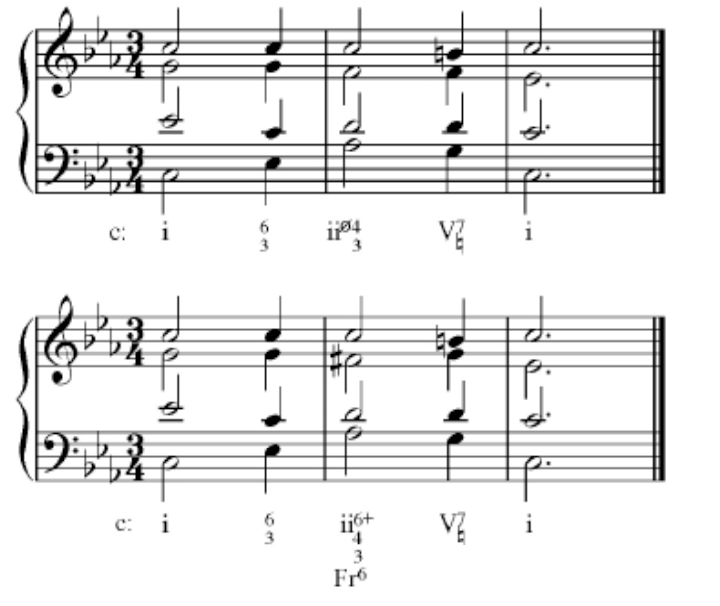
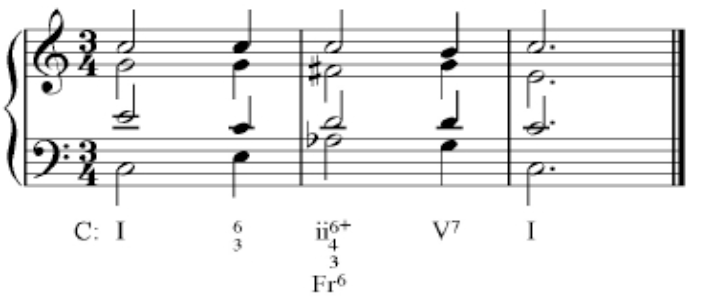
 Linear Mode
Linear Mode
